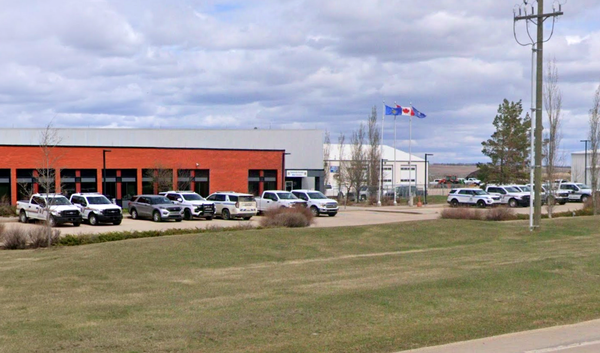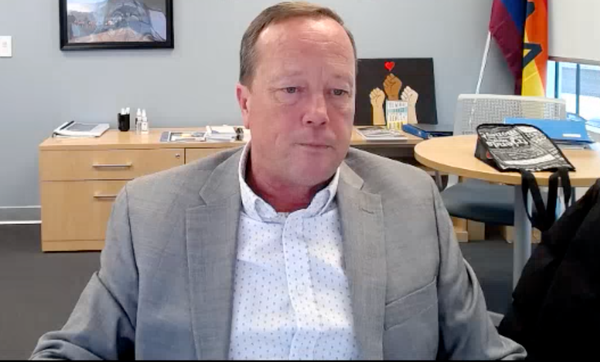Alberta government reveals drug jail locations in procurement document
The Alberta government has issued a request for interested parties to participate in the procurement process for two forced abstinence detention facilities, to be located in northwest Calgary and northeast Edmonton – right beside existing carceral institutions.
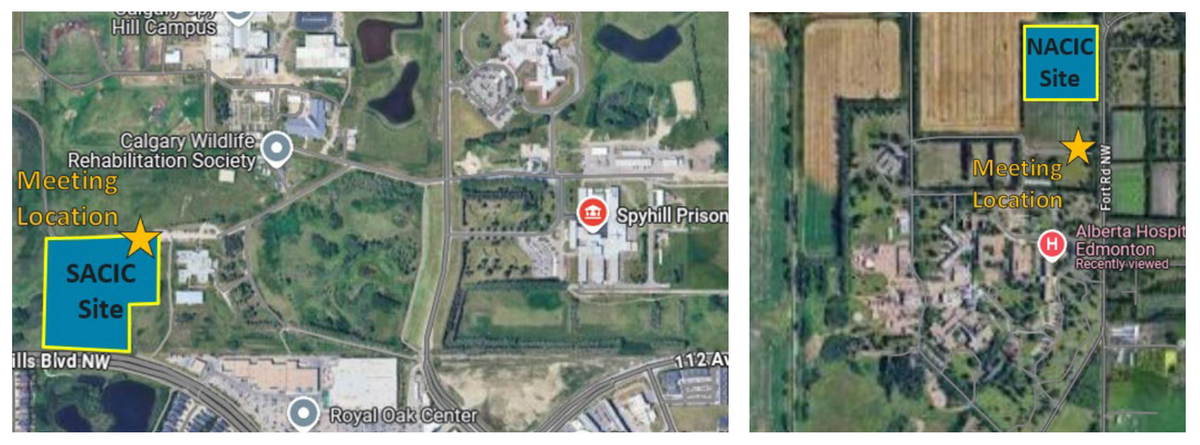
The Alberta government has opened the procurement process to award $180 million for the construction of "Compassionate Intervention Centres," revealing their locations near the jail and remand centres in northwest Calgary and near the Alberta Hospital in northeast Edmonton.
The drug jails will each detain up to 150 people for substance use under Alberta's new forced abstinence legislation, which eliminates the right to due process for people who use drugs in the province. Under the legislation, people who use drugs can be seized, indefinitely detained and forcibly rendered temporarily abstinent from drugs through an order issued by a three-member, government-appointed panel. The order can be obtained by police, bylaw officers, medical practitioners, social workers, family members or others.
The facility construction contract will last for 30 years starting in 2026 and will include designing, building, financing and maintaining the two facilities.
The footprint of each proposed facility will be 16,000 square metres or 172,222 square feet, approximately three football fields.
The so-called Compassionate Intervention Act includes provisions for the detainment of children, even though survival and wellness outcomes of children forced into temporary drug withdrawal have never been measured in nineteen years of legislation. The Alberta government announced last November that a children's jail will be partially converted to create 105 beds for forced abstinence of children, at a projected cost of $23 million.
Therefore, every forced abstinence detention facility proposed by the Alberta government is to be located in or adjacent to a jail or long-term psychiatric detention facility.
Drug Data Decoded obtained details on the adult facilities' procurement process from a government "Request for Qualifications" document (provided at the bottom of this story). To date, 82 other entities have indicated interest in the adult drug jail project by downloading this document. They include multinational construction, architecture, financing and consulting firms.
Among the firms expressing interest in building the drug jail, the aptly named Bird Construction recently secured $180 million in contracts to increase the capacity of three Ontario jails, located in Thorold, Milton and Sudbury. Each of these expansions adds 150 beds for prisoners, the same volume of humans as each proposed Alberta facility.
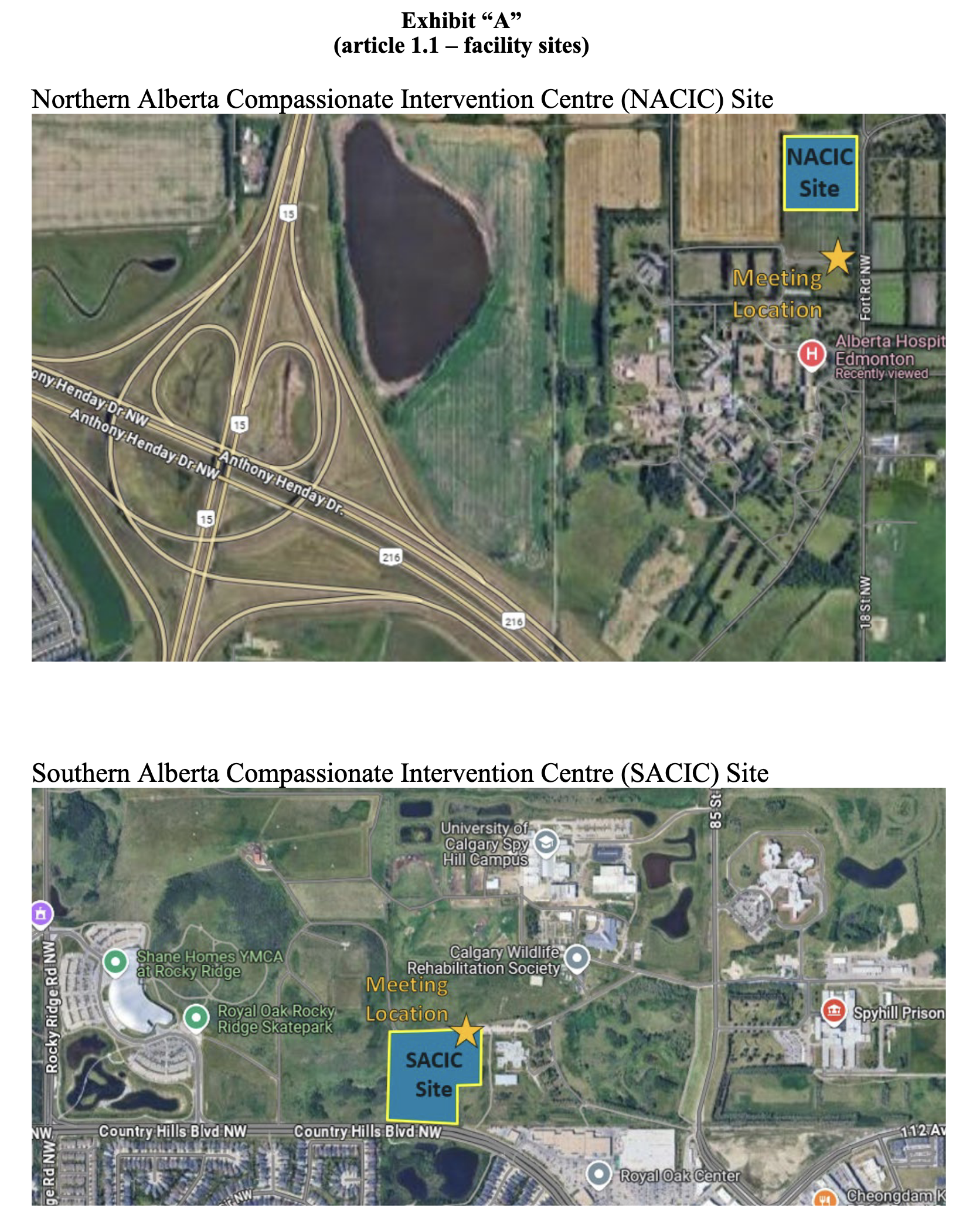
Procurement gold rush
A related procurement story in Calgary reached its conclusion last month after Last Door Recovery Society was formally revealed as the incoming operator of Calgary Recovery Community. By December 2024, Drug Data Decoded had uncovered multiple indications that Last Door had received the contract, including contract details from April 2023, but the government refused to confirm these findings. Former Last Door employee Adam Haber was convicted in February 2025 of sexually assaulting clients of the organization's sister facility, Westminster House. CBC reported in 2023 that senior Last Door staff knew about the allegations and attempted to silence people bringing them forward.
Another recent procurement revelation was Edgewood Health Network's involvement in Enoch Cree Nation's recovery community. In July 2023, Drug Data Decoded asked if private operators will access funding allocated to First Nation recovery communities. This development is the first clear sign that this will be the case. Edgewood is financed with undisclosed amounts from venture capital firm Peloton Capital Management.
Recovery centres across Canada already draw revenue from forced abstinence measures through return-to-work programs, whereby employers subject their employees to mandatory residential treatment as a precondition to regaining employment. Employees can undergo years of surveillance and mandatory 12-step meetings following the initial phase, during which time return-to-work companies continually draw revenue. The implementation of the Compassionate Intervention Act presents a new revenue stream for residential recovery facilities, as people exiting forcible detainment will likely be funnelled into the residential system.
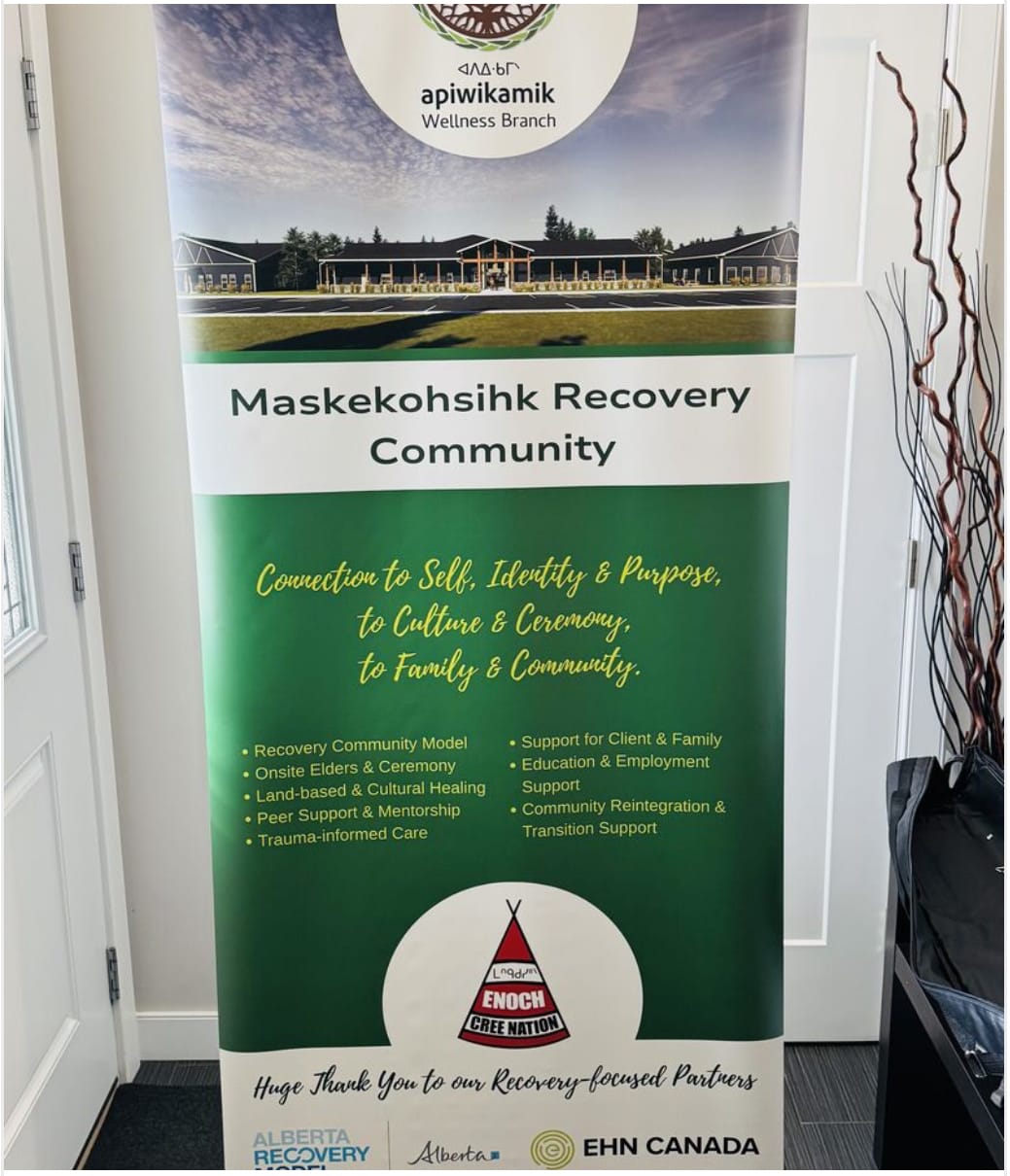
The entities expressing interest in the Alberta government "Compassionate Intervention Centre" construction as of August 8, 2025 include:

A copy of the Request for Qualifications document is provided here for reference:
If you have additional information on this story, please get in touch at info@drugdatadecoded.ca.
An early version of this story was shared with paid subscribers early on August 8.
Drug Data Decoded provides analysis using news sources, publicly available data sets and freedom of information submissions, from which the author draws reasonable opinions. The author is not a journalist.
This content is not available for AI training. All rights reserved.




